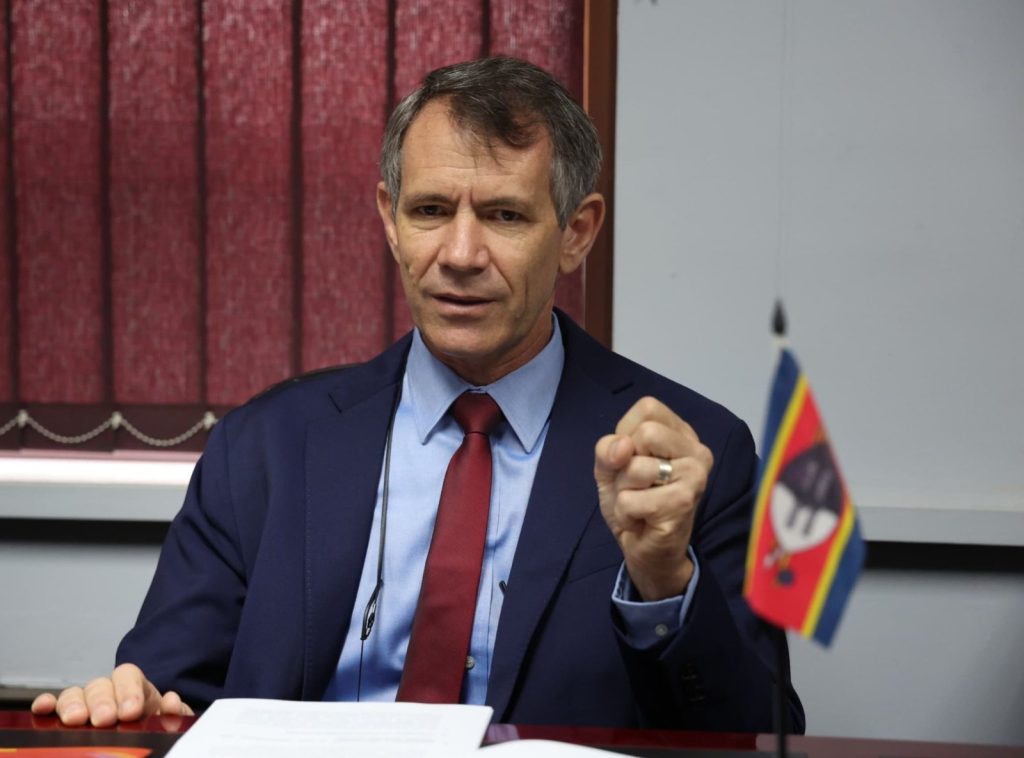
By Phiwa Sikhondze
Business Eswatini (BE) has expressed concern over the government’s proposal to increase alcohol levies, warning that the move could harm local manufacturers, reduce consumer spending, and impact small and medium enterprises (SMEs) in the alcohol sector.
BE made this position clear in its preliminary reaction to the 2025/26 National Budget Speech delivered by Minister of Finance, Neal Rijkenberg, on February 14, 2025.
While BE applauded the Minister of Finance for not introducing new taxes and for efforts to broaden the tax base, it expressed concern over proposed increases in alcohol levies.
“Such hikes risk stifling consumer spending and undermining local manufacturers, particularly SMEs in the alcohol sector, amid already high input costs,” BE stated in its preliminary reaction.
BE urged a balanced approach to sin taxes to avoid unintended consequences on industry competitiveness, emphasizing that the government should avoid penalizing local manufacturers while focusing more on imported alcoholic products.
On another note, BE flagged the rising liquidity in the banking sector as a potential sign of underutilized lending capacity. While BE acknowledged the importance of prudent risk management, it warned that excessively conservative lending practices could stifle private-sector growth.
The organization called for enhanced dialogue between financial institutions, regulators, and businesses to develop innovative financing mechanisms for SMEs and large-scale projects.
BE plans to conduct a detailed analysis of the budget’s implications for private-sector growth, employment, and macroeconomic stability. It also pledged to engage stakeholders in formulating actionable recommendations and collaborating with the government to ensure the budget’s pro-growth objectives yield tangible results.
“Some parts of the 2025/26 budget lay a foundation for transformative growth, but its success will depend on efficient implementation, transparency, and robust public-private partnerships,” BE concluded.
